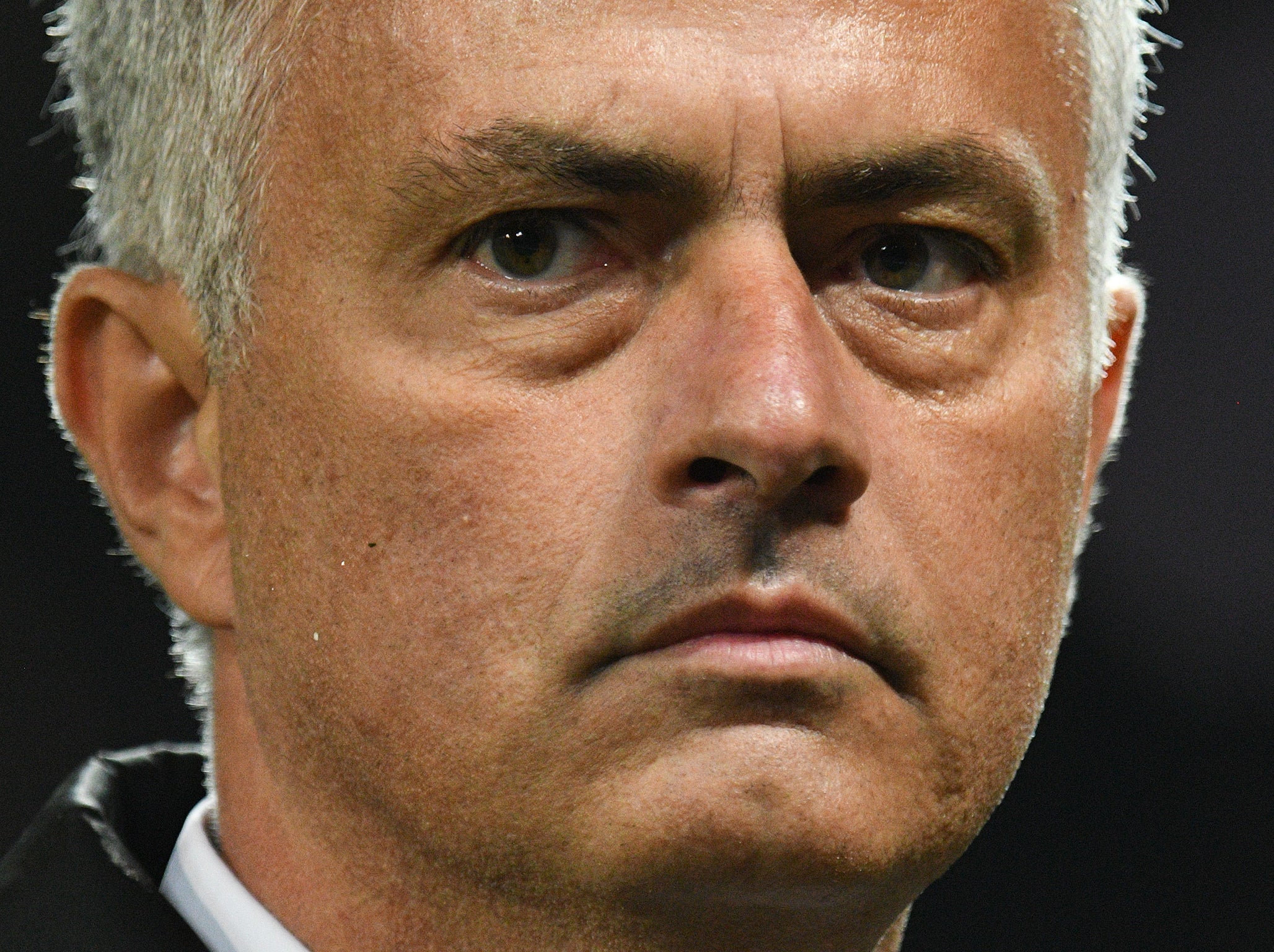Jose Mourinho and Ed Woodward must share responsibility for Manchester United's troubles
Mourinho has carried the can for Monday's defeat to Tottenham but United's problems are not solely of his making
In the white-hot aftermath of Tottenham Hotspur’s victory at Old Trafford on Monday night, Manchester United’s heaviest home defeat in four years, it was inevitable that the bulk of the blame would fall on Jose Mourinho.
Despite his best efforts to protect his reputation in his post-match press conference and remind the public of his “three Premierships”, Mourinho could do nothing to slow the growing sense that he will not see out the season in Manchester.
This was not the worst United performance of his tenure – that, arguably, came eight days earlier at Brighton – but it was the biggest home defeat of his managerial career and one that carried the hallmarks of that new phenomenon – ‘the Mourinho season’.
Players were culled on the basis of one poor performance. Those selected by Mourinho played with the fear that they would be next in the stocks. This was a performance of nervous energy, lacking the composure and coherence required to stave off an impending crisis.
For that, for his curious treatment of the club’s most naturally-talented players, for his growing list of failed signings and for his many other mistakes at Old Trafford so far, Mourinho deserves and is receiving plenty of criticism.
And yet, even as the news cycle positions him as the central figure in United’s malaise, he is right to feel he is not solely responsible.
A deep, thorough study of United’s current predicament might trace the problems back to Sir Alex Ferguson, ‘the Coolmore Mafia’, several valuable vials of horse semen and consequently, the Glazer family’s leveraged takeover of the club.
Yet the context in which events at United have played out since 2005 should not excuse the most recent mistakes of the club’s present decision-makers: namely, executive vice-chairman Ed Woodward, who opted to give Mourinho a contract extension just seven months ago.
It was a disconnect between Woodward and his manager that left United caught between two stools in the summer market. Mourinho sought experienced, expensive players who often came with a short shelf-life. Woodward was understandably sceptical.
Mourinho’s preference for peak-age professionals was hardly a secret, though, and it was certainly common knowledge when Woodward agreed to extend Mourinho’s contract to 2020 back in January, just four days after completing the signing of a 29-year-old Alexis Sanchez.
What changed over the months that followed? Did Sanchez’s underwhelming displays expose that strategy as a flawed one? Did the costs of this nominally ‘free’ transfer – with Sanchez earning approximately £300,000-a-week – dissuade Woodward from signing players of a similar profile?
If so, Mourinho seems to have been unaware of any such change in thinking and so come summer, he fairly expected support. As one of Mourinho’s predecessors might have told Woodward, “your job is to stand by the manager”.
There is an interesting counter-argument, here. Employing a manager does not mean accepting his every demand. If the club believes Mourinho to be wrong in his assessment of a particular player or situation, why should they not stand firm?

It is also true that Mourinho is not shy in making public complaints – about his employers, about his players, about referees – and has been known to do so when he has little grounds for a grievance. Bending to his will too eagerly could set a dangerous precedent.
Again, though, Mourinho’s desire for control and capacity to complain were known when he was employed as Louis van Gaal’s successor. They were known months before that too, when Van Gaal was a lame duck and Mourinho was courted without much consideration given to other candidates.
Of the alternatives notionally available to United at the time, some may not have even lasted as long as Mourinho has. Others though, like Mauricio Pochettino or Thomas Tuchel, would have bought into a policy of buying young, raw talent more easily and could have matured into long-term appointments.
Instead, United have Mourinho and there are problems. If the difficulties that come with his appointment were included as part of some kind of risk assessment – accepted as the price of working with a managerial great – then the club has little cause for complaint. If not, they simply did not do their homework.
The responsibility for the summer and the poor start to the season should be shared. It is difficult to have sympathy with either the manager, as cantankerous and as stubborn a presence as ever, or the club’s hierarchy, who blindly walked into a civil partnership with him two years back and then renewed their vows in the winter.
If things do not improve, the two seemed headed for a messy divorce.
Join our commenting forum
Join thought-provoking conversations, follow other Independent readers and see their replies
Comments